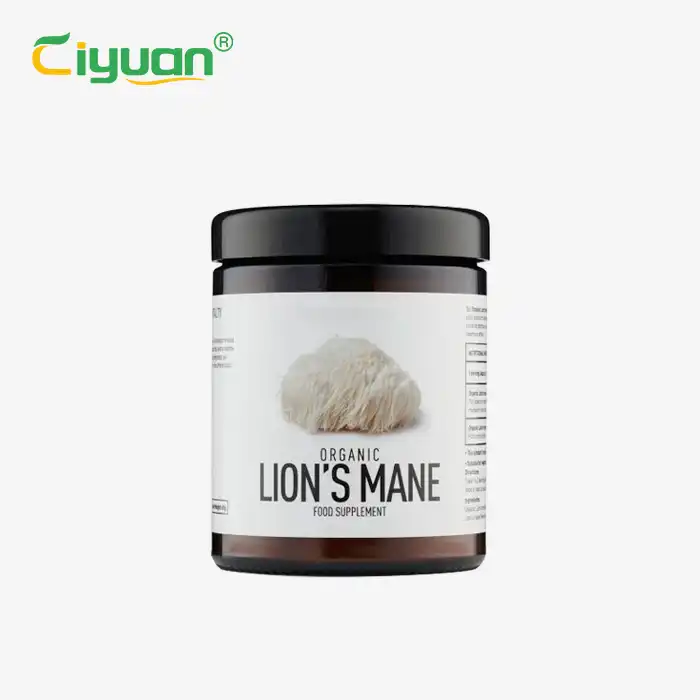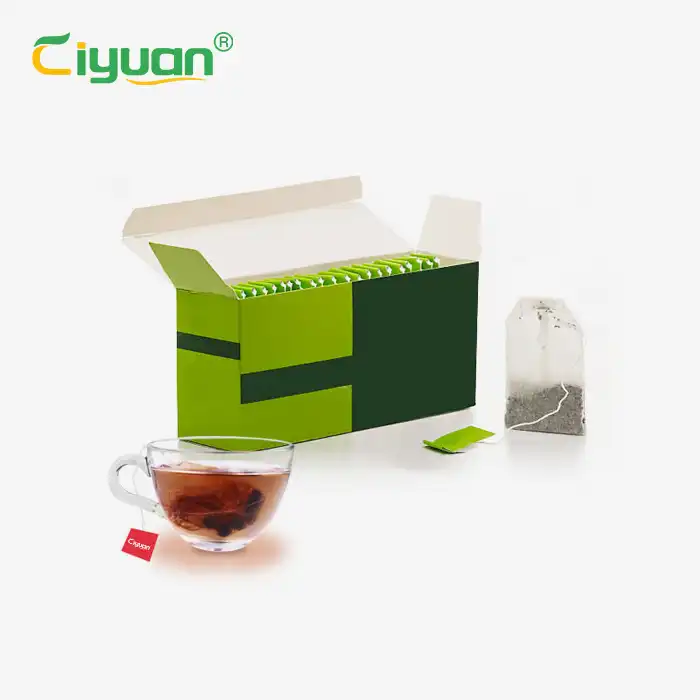Coriolus versicolor: A Versatile Mushroom for Health and Wellness
 2025-07-31 17:34:51
2025-07-31 17:34:51
What Is Coriolus Versicolor?

Coriolus versicolor---also known as Trametes versicolor and Polyporus versicolor---is a common polypore mushroom found throughout the world. Owing to its shape being similar to that of a wild turkey's tail feathers, T. versicolor is most commonly referred to as Turkey Tail.
Coriolus versicolor (Turkey tail) is a mushroom. It contains polysaccharide peptide (PSP) and polysaccharide krestin (PSK), which are used as medicine.
Coriolus versicolor grows on stumps and the decomposing wood of trees. The PSP and PSK in coriolus versicolor might help slow cancer growth and boost the immune system.
People use coriolus versicolor to improve response to cancer medicines and radiation. It is also used for muscle strength, fatigue, UTIs, and many other conditions, but there is no good scientific evidence to support these uses.

The Benefits of Coriolus versicolor

Here are four immune-boosting benefits of the coriolus versicolor:
---Packed with antioxidants
Antioxidants are compounds that help inhibit or reduce damage caused by oxidative stress.
Coriolus versicolor contains an impressive array of antioxidants, including phenols and flavonoids .
Phenol and flavonoid antioxidants promote immune system health by reducing inflammation and stimulating the release of protective compounds .
Therfore, coriolus versicolor contains a wide variety of phenol and flavonoid antioxidants which help promote your immune system health by reducing inflammation and stimulating the release of protective compounds.
---Contains Immune-boosting polysaccharopeptides
Coriolus versicolor also contains polysaccharopeptides, which are protein-bound polysaccharides (carbohydrates).
Krestin (PSK) and Polysaccharide Peptide (PSP) are two types of polysaccharopeptides found in coriolus versicolor.
They promote immune response by both activating and inhibiting specific types of immune cells and by suppressing inflammation.
Due to their ability to naturally strengthen the immune system, PSP and PSK are commonly used as anticancer agents in conjunction with surgery, chemotherapy, radiation, or a combination of these treatments in countries like Japan and China.
Therefore, PSPs are powerful polysaccharopeptides found in coriolus versicolor that may strengthen the health of your immune system.
---Enhance gut health
Keeping a healthy balance of beneficial bacteria in your gut is critical for maintaining a strong immune system.
Your gut bacteria interact with immune cells and directly impact your immune response .
Coriolus versicolor contains prebiotics, which help nourish these helpful bacteria. Research studies have found that treatment with turkey tail can have a similarly positive effect on the gut microbiome as treatment with prebiotic supplements.
Having healthy levels of Lactobacillus and Bifidobacterium bacteria has been linked to improved intestinal symptoms like diarrhea, enhanced immune system, reduced cholesterol levels, lower risks of certain cancers, and improved digestion.
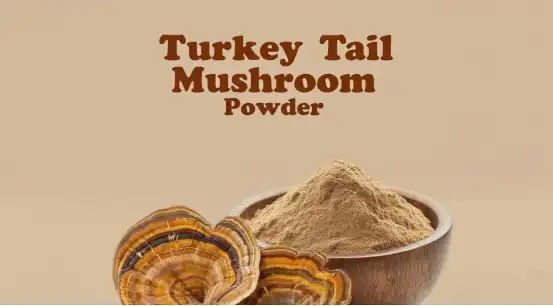
The Dosages of Coriolus Versicolor
2,000 milligrams (or 2 grams) per day of coriolus versicolor is the amount that we recommend for optimum health maintenance. Two grams per day is a healthy maintenance dose that provides enough immunomodulating beta-glucan polysaccharides to activate an immune response that results in a strengthening and balancing your body’s natural immune function.
During periods of high stress or immune health challenges, larger daily doses can be taken of this mushroom superfood powder. Speak with a healthcare provider to find out what type of product and dose might be best for a specific condition.
The Application of Coriolus Versicolor
Coriolus Versicolor, also known as turkey tail mushroom, is a polysaccharide-rich medicinal fungus with excellent immunomodulatory properties. It is often used in combination with other functional ingredients to enhance synergistic effects. Common formulations include:
---Immunomodulatory Formulas
It can be combined with medicinal fungi such as Ganoderma lucidum, Agaricus blazei, and Cordyceps sinensis to synergistically enhance immune function. It is suitable for individuals with suboptimal health and postoperative recovery.
---Gut Health Formulas
Combined with prebiotics (such as oligofructose and inulin) and probiotics, it helps regulate intestinal flora and enhance intestinal immune barrier function.
---Antioxidant and Nutritional Support Formulas
It can be combined with antioxidant ingredients such as vitamin C, vitamin D, selenium yeast, and grape seed extract to provide cellular protection and nutritional support.
---Tumor Support Nutrition Formulas
Combining PSK/PSP Coriolus versicolor polysaccharides with other fungal extracts can help enhance immune function during chemotherapy and radiotherapy, mitigate side effects, and promote recovery.
---Plant-Based Nutritional Formula
Suitable for combining with natural plant ingredients such as plant protein, turmeric, green tea extract, and echinacea to create a vegan-friendly immune support product.
The Forms of Coriolus Versicolor
Depending on different usage needs and consumption scenarios, Coriolus versicolor can be developed into the following common finished product forms:
---Capsules: The most commonly used form, suitable for daily immune support.
---Powder: Suitable for use with other mushroom ingredients, probiotics, etc.
---Tablets: Easy to take and store.
---Granule: Dissolve easily and can be taken with hot water. Commonly used in Traditional Chinese Medicine formulas or immune-boosting drinks.
---Liquid: Rapidly absorbed in liquid form. Commonly used in plant-based tonic drinks or immune-boosting formulas.
---Ready-to-Drink: Targeted at younger consumers, with a pleasant taste and convenient on-the-go.
---Functional Foods: Can be added to foods such as energy bars, biscuits, and meal replacement powders.
---Pet Supplements: Natural formulas for immune support and tumor management in dogs and cats. Available in chewable tablets, powders, or drops for easy pet consumption.
Conclusion:

Coriolus versicolor (Turkey Tail) is a medicinal fungus named for its colorful cap, which resembles a turkey's tail. Rich in polysaccharides (such as PSK and PSP), it possesses significant immunomodulatory, antioxidant, and intestinal health support properties. It is widely used in health supplements, functional beverages, meal replacement powders, and pet nutrition products. Common dosage forms include capsules, powders, tablets and liquids. It is a representative natural plant-based immune support ingredient.
References:

1. Sisson, Liv; Vigus, Paula (2023). Fungi of Aotearoa: a curious forager's field guide. Auckland, New Zealand: Penguin Books.
2. Asri RM, Yahya H, Rehan MM, Yahya HN. Antibacterial properties of ethanolic extract of mushrooms sold in malaysian local market. East Afr J Agri Life Sci.
3. Grassi D., Desideri G., Mai F., Martella L., De Feo M., Soddu D., Fellini E., Veneri M., Stamerra C.A., Ferri C. Cocoa, glucose tolerance, and insulin signaling: Cardiometabolic protection. J. Agric. Food Chem.
4. Byerrum RU, Clarke DA, Lucas EH, Ringler RL, Stevens JA, Stock CC. Tumor inhibitors in Boletus edulis and other Holobasidiomycetes. Antibiot Chemother (Northfield) 1957;7:1–4.
5. Coriolus versicolor polysaccharopeptide as an immunotherapeutic in China. Dou H, Chang Y, Zhang L. Prog Mol Biol Transl Sci. 2019;163:361-381.
6. Alonso EN, Orozco M, Eloy Nieto A, Balogh GA. Genes related to suppression of malignant phenotype induced by Maitake D-Fraction in breast cancer cells. J Med Food. 2013;16(7):602–17.
7. Lukasova M., Malaval C., Gille A., Kero J., Offermanns S. Nicotinic acid inhibits progression of atherosclerosis in mice through its receptor GPR109A expressed by immune cells. J. Clin. Investig. 2011;121:1163–1173.
8. Scheller J, Chalaris A, Schmidt-Arras D, Rose-John S. The pro- and anti-inflammatory properties of the cytokine interleukin-6. Biochim Biophys Acta (2011) 1813(5):878–88.
9. Food and Agriculture Organization of the United Nations/World Health Organization (FAO/WHO) Report of a joint FAO/WHO working group on drafting guidelines for the evaluation of probiotics in food. 2002.


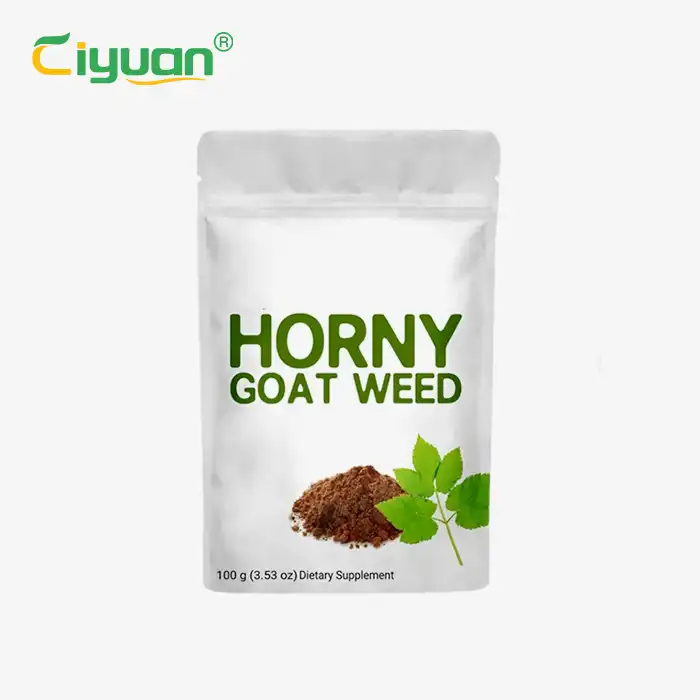
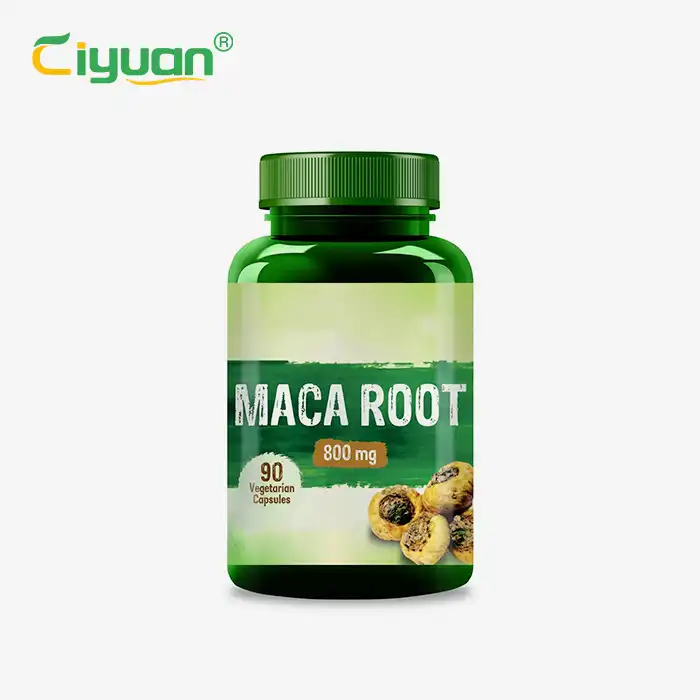
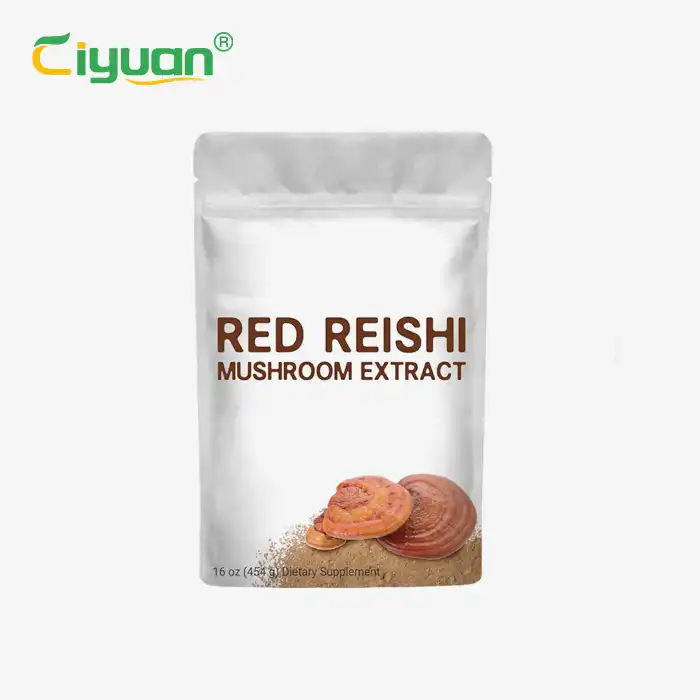





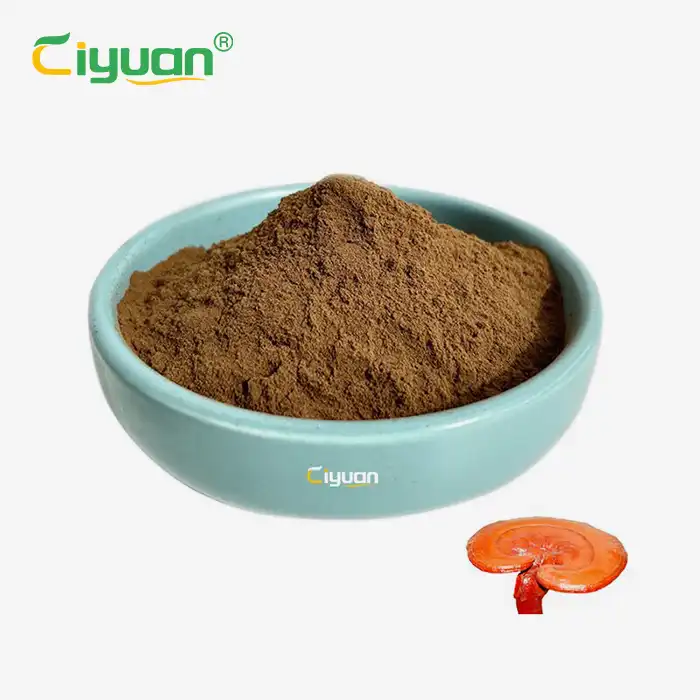
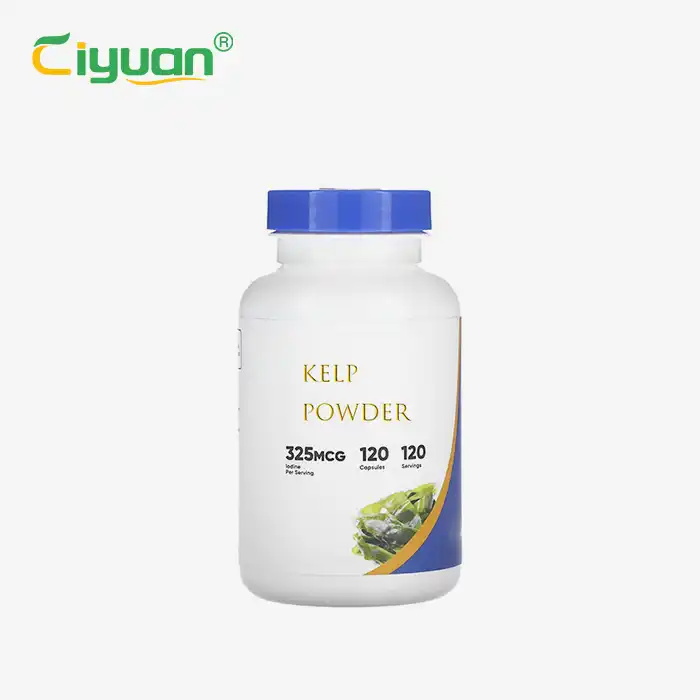
_1747377965299.webp)
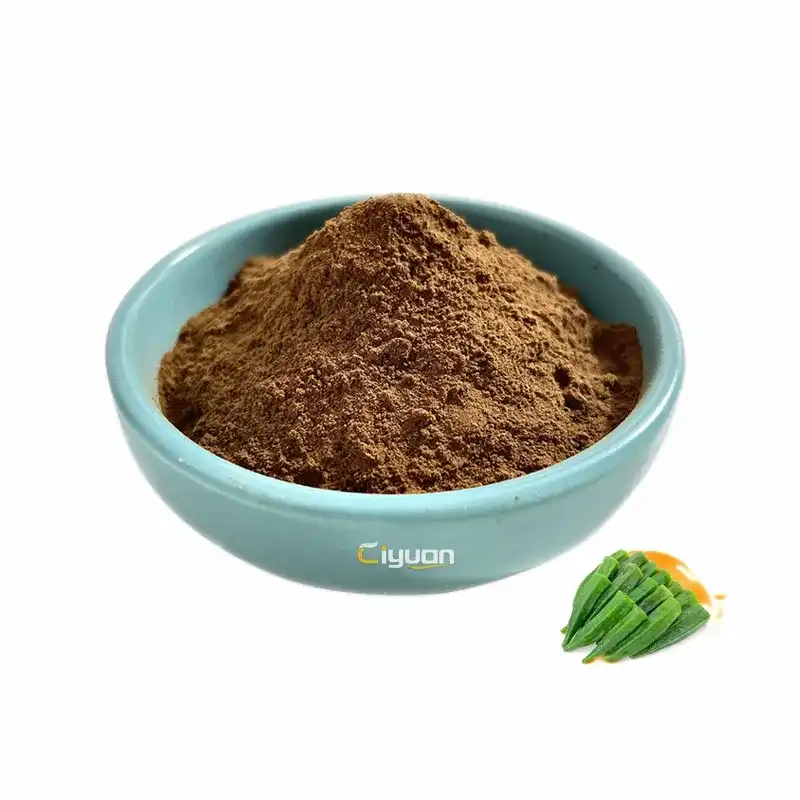
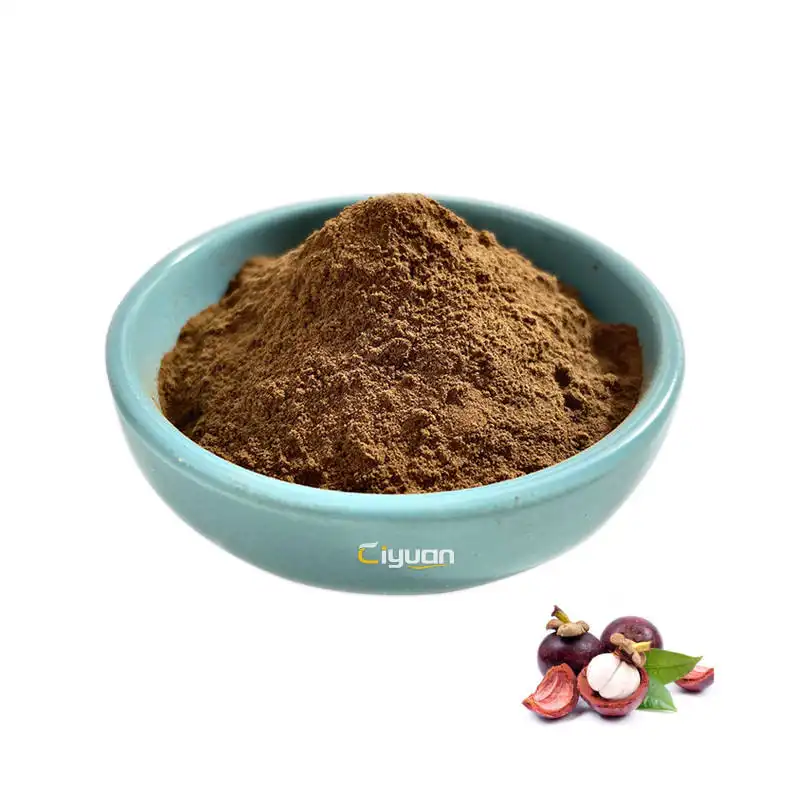
_1756782751303.webp)
